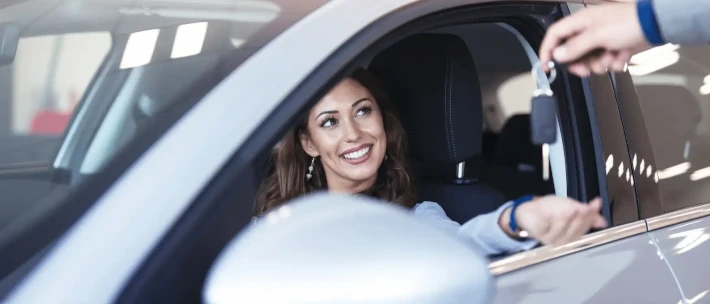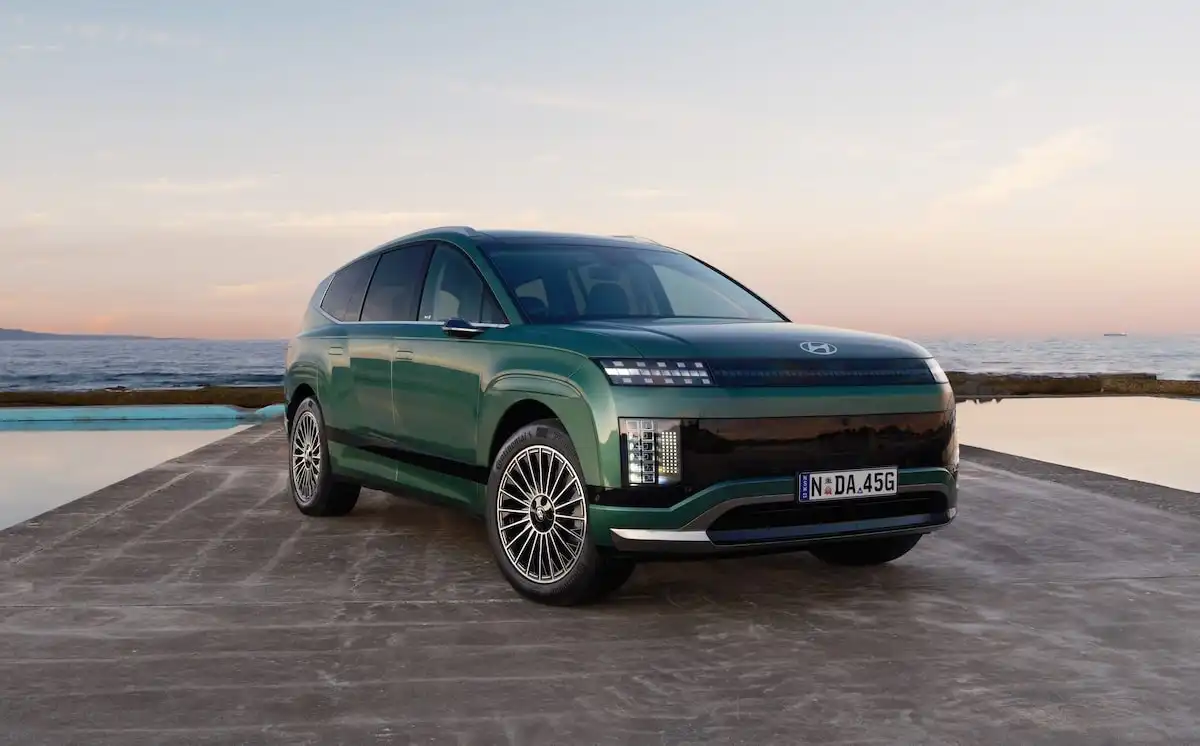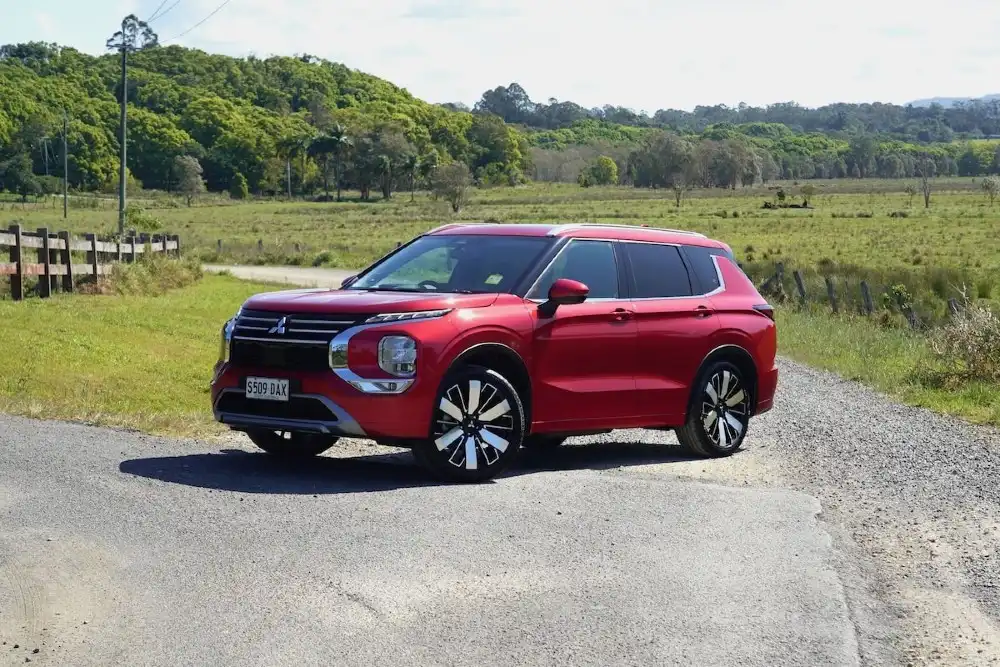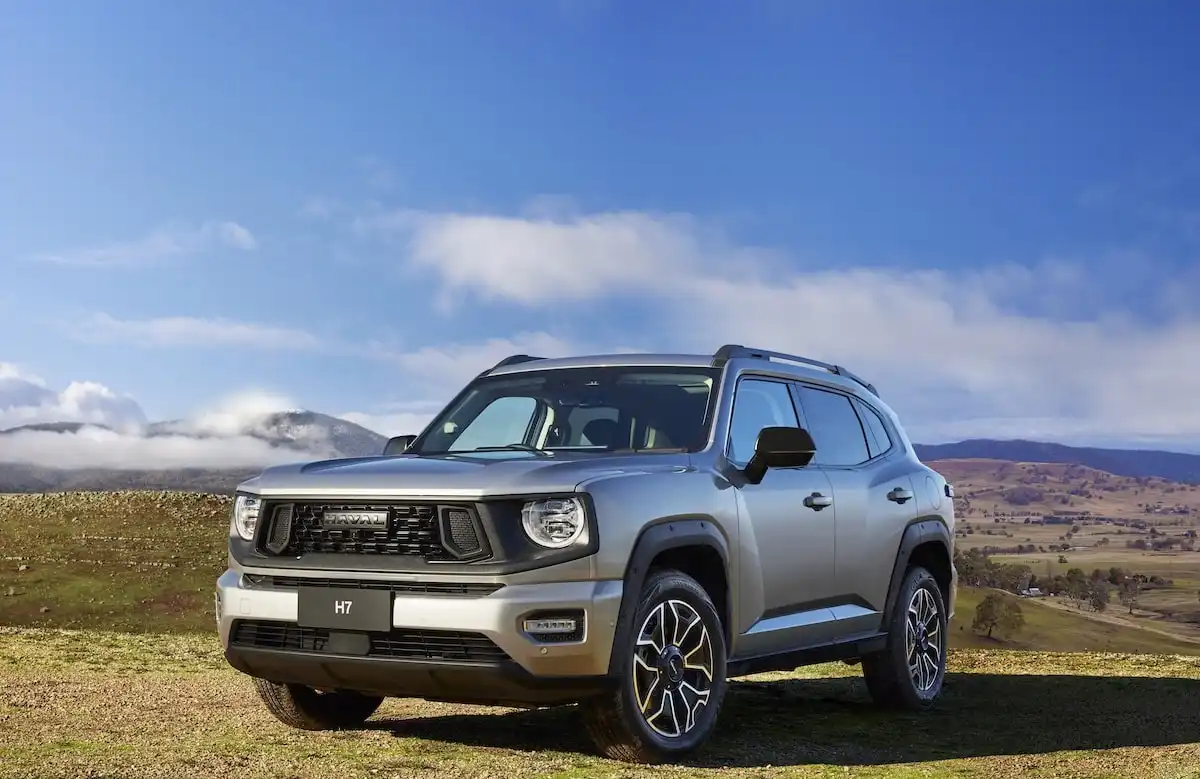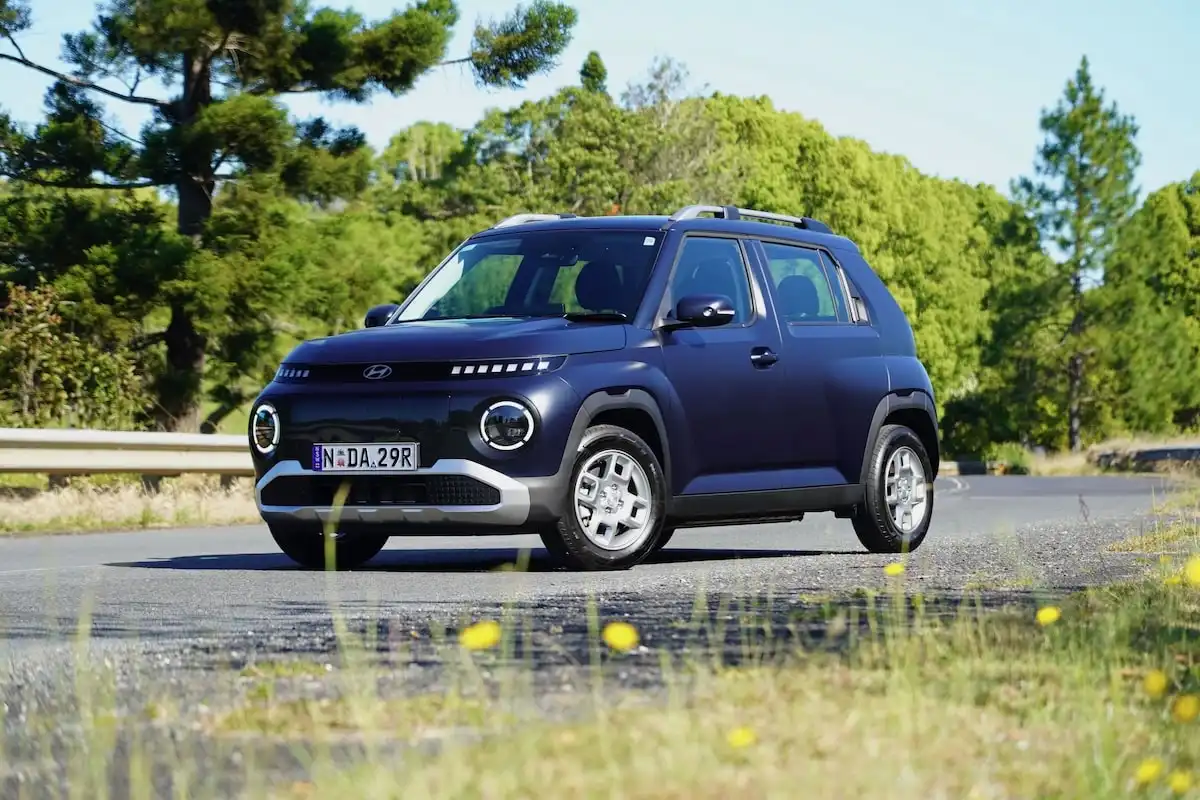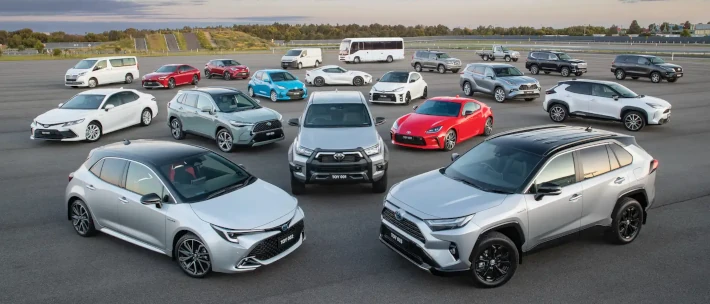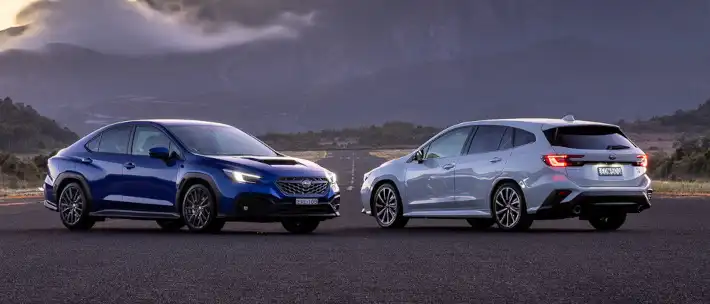Whether you’re looking for a larger package, the latest set of safety or entertainment features or want more efficient engine tech, trading in a financed car is a necessary step in the process for many Australians upgrading to their dream car.
As you’ll discover, though, there are a few things you’ll need to get on top of before you trade in a financed car, so let’s jump straight into it.
Can I Trade in My Financed Car?
The short answer is yes, absolutely, you can trade in your financed car in order to upgrade to a new vehicle, but there are a few things to consider before you go ahead and trade-in.
Get in touch with one of our Car Buying Specialists today.
Request a quoteWhat is the Process of Trading in a Financed Vehicle?
-
Check Your Loan Terms: Determine whether your vehicle was purchased via a secured loan; if so, you’ll need to get approval from your finance provider to sell or trade it in for the agreed market value… there are often fees attached to this step, too.
-
Shop Around Dealerships: With the permission of your lender, you should now take steps to compare trade-in quotes from as many dealerships as you possibly can.
-
Take Care of the Outstanding Loan Amount: Compare your trade-in quotes with the outstanding amount on the loan; dealers can agree to pay the outstanding amount, by contacting your lender directly.
-
Organise Finance for the New Vehicle: With a trade-in value finalised for your current vehicle, you can now compare and finalise your best options for financing your new car.
-
Enjoy your new dream car!
Checklist for Trading in a Financed Car in Australia
-
Determine whether the current vehicle is a secured or unsecured loan
-
Calculate the outstanding loan amount, including balloon payment
-
Factor in outstanding servicing fees and interest payments
-
Contact lender for any fees attached to ending loan period early
-
Contact multiple dealerships to calculate the current vehicle’s market value
-
Inform the dealer as to the vehicle’s financing details, payment obligations
-
Determine whether paying the original loan amount could save you money
-
If upgrading to a larger vehicle, be sure you can cover new repayments, including on-road costs and maintenance.
What Happens if I’m Offered Less Money for a Trade-in Than I Owe?
If you’re presented with trade-in offers that don’t match the outstanding balance for your current vehicle, this is called negative equity, which leaves you with two options.
Your first option is to continue with the trade-in and, if possible, pay the outstanding debts with, preferably, any savings you have on hand.
Your second option is to contact your finance provider to see if they’re able to add that slice of negative equity onto the new car loan. Keep in mind that lenders have negative equity limits and often accompany this flexibility with added fees and of course, higher repayments.
Does My Car Loan Disappear When I Trade in My Car?
Your car loan can in fact disappear completely when you trade a vehicle in, so long as the private sale or agreed value from a dealer exceeds that of the outstanding amount, inclusive of fees.
To make this possible, you’ll need to contact your finance provider to factor in all the applicable fees and extra charges for ending a loan ahead of the payment schedule.
What are the Risks of Trading in a Loaned Car?
Some of the biggest risks with trading in a loaned or financed vehicle include the concept of negative equity - whereby the market value or offers you’ve received is less than your outstanding payments and fees.
There’s also the risk of not doing your homework ahead of time and failing to contact your finance provider, which helps to ensure that you’re aware of all the applicable fees associated with your current loan while upgrading.
Finally, one of the major risks of trading in a loaned vehicle is the temptation to upgrade beyond your means - to ensure that all the on-road costs and future preventative maintenance fit under a payment plan that you can afford to service.
How Do I Trade in a Car Purchased with Finance?
Trading in a vehicle purchased with the help of car finance is a relatively simple process, so long as you’ve done your homework, contact your finance provider and get multiple quotes from dealerships while trading in.
Avoid taking the easiest option in the name of convenience while you’re at the dealership, which can leave you with a deal that short-changes you on the market value of your vehicle and potentially in a position of negative equity.
Does Trading in a Car Hurt Your Credit Rating?
Trading in a vehicle obtained with finance does not hurt your credit rating, so long as you’re meeting requirements and repayments set by your lender, including getting permission ahead of trading in that vehicle.
Things that can hurt your credit rating while trading in a car include failing to contact your lender, ending a loan period early, transferring negative equity to a refinanced car loan and failing to service the loan repayment schedule.
Request a Quote
If you’re looking to step up to the car of your dreams, click here to get in contact with one of our car-buying experts who can help find you the best possible price.
Get in touch with one of our Car Buying Specialists today.
Request a quote